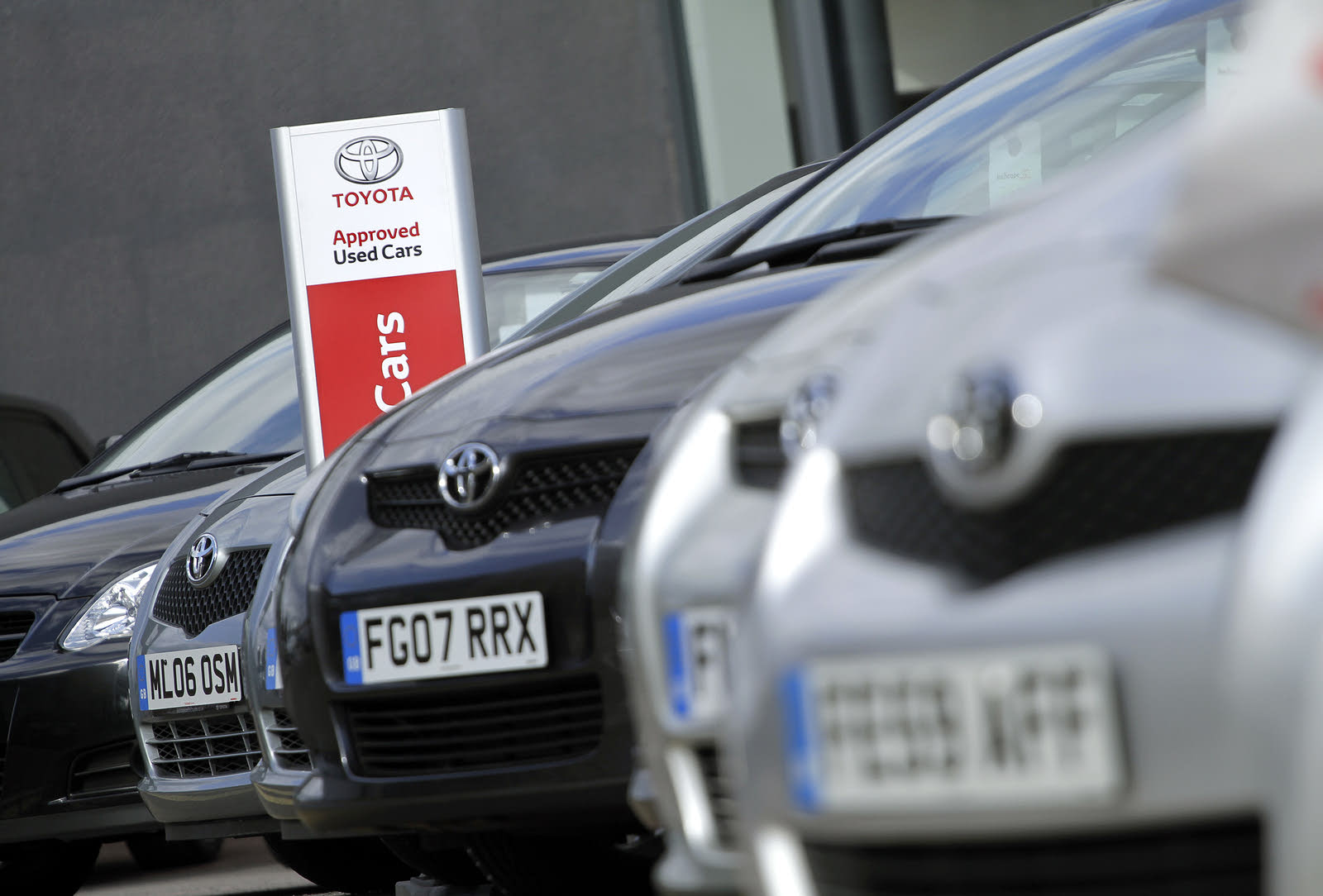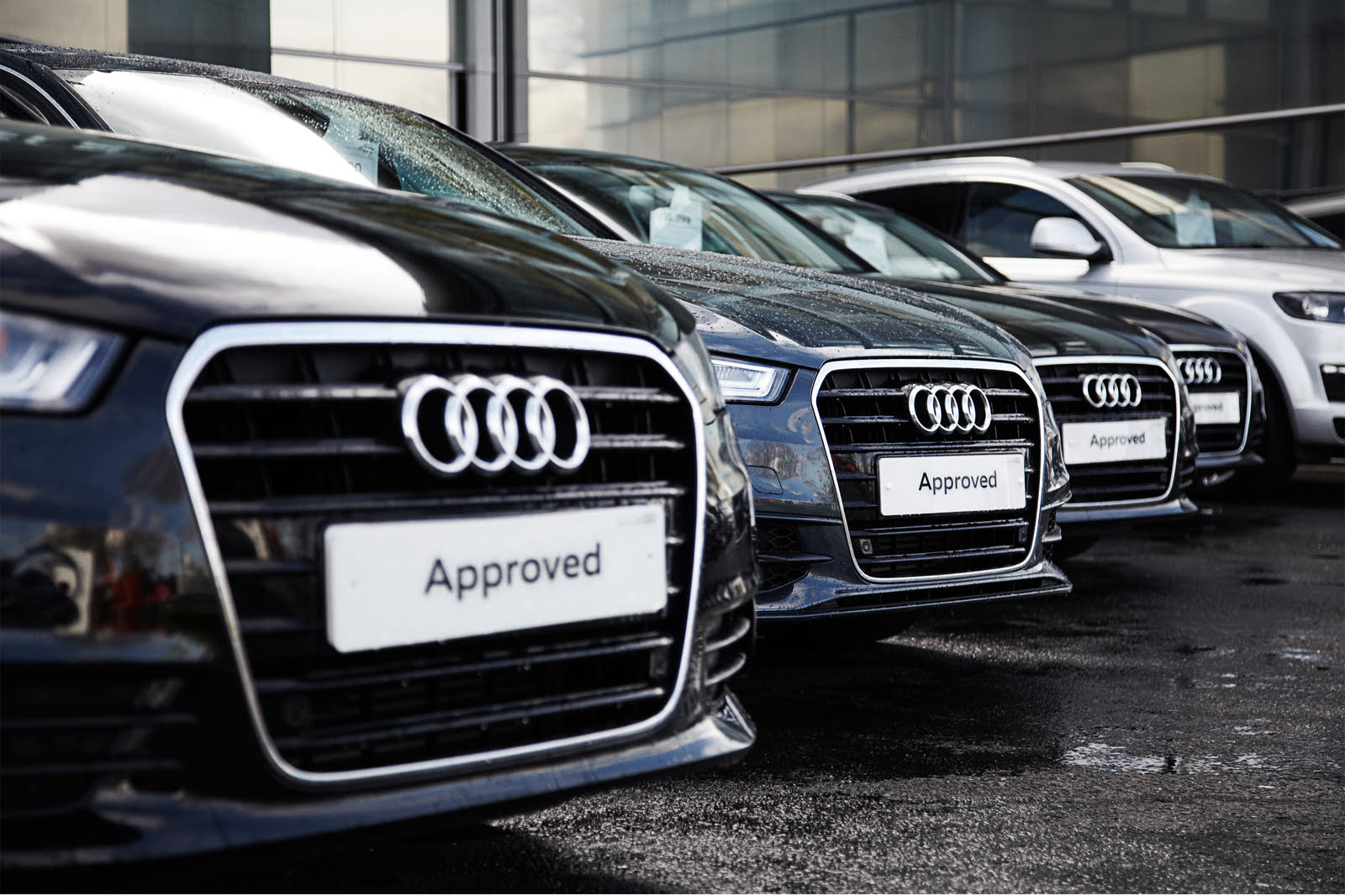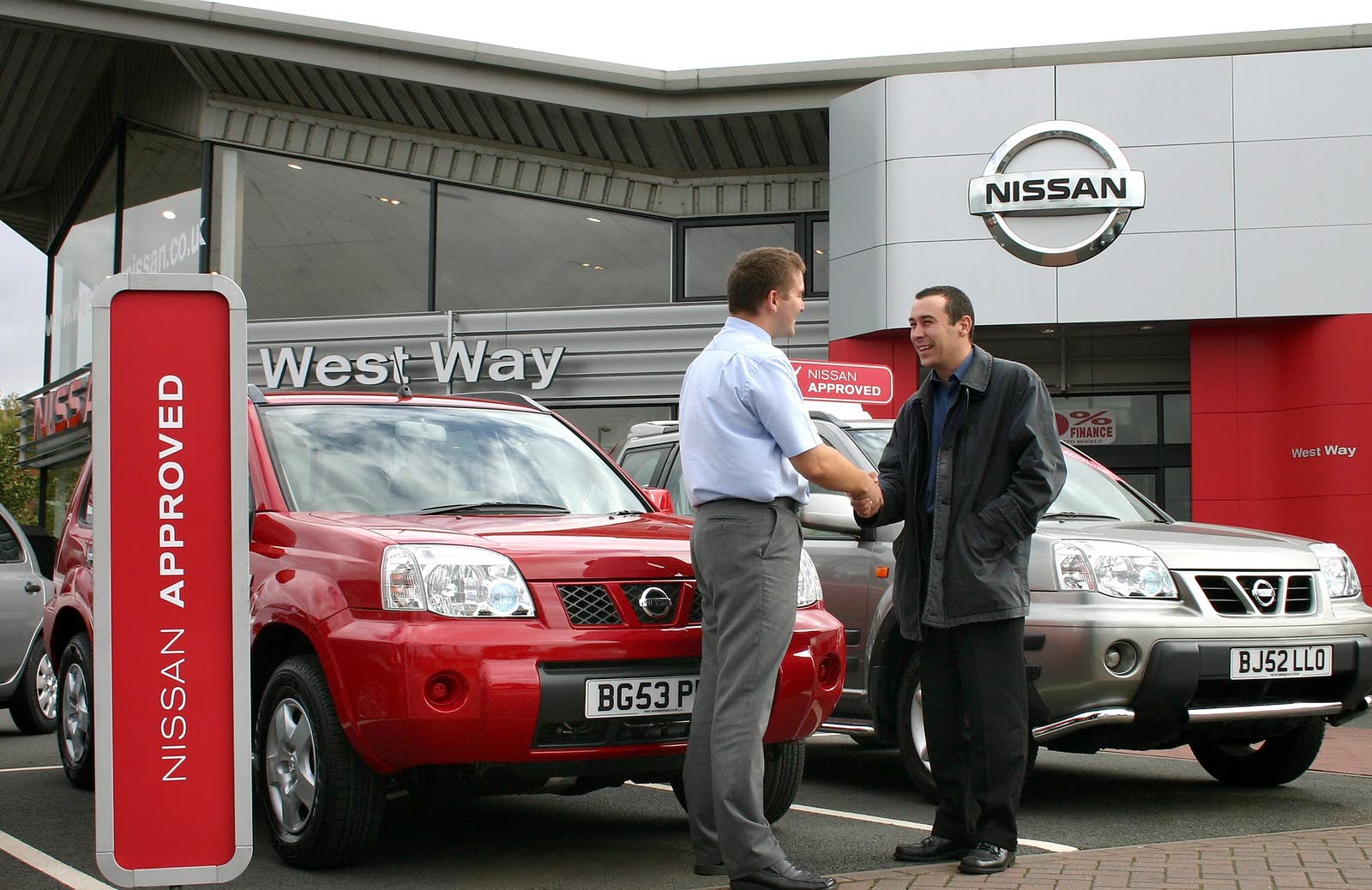If you visit a franchised dealership, you'll see a mixture of new and used cars for sale. In this guide, we’ll concentrate on the latter, specifically vehicles known as approved used cars.
The goal of approved used cars is to remove doubt and uncertainty from the process of buying a car – something that seems daunting to many. This makes them a good option for those nervous about buying a used car, or anyone who just wants less hassle. The peace of mind of buying an approved used car comes at a cost, so while you’ll save money compared with buying a brand new car, you’ll find that prices are typically higher than those from a non-franchised retailer, an auction, or a private sale.
To see how various manufacturer approved used warranties compare, see our separate guide: Approved Used Warranties Compared: What are the Best Options?
What is an Approved Used Car?
- Who Offers Approved Used Cars?
- Approved Used Warranties
- Benefits of Approved Used Cars
- Where do Manufacturers Find Their Approved Used Stock?
- Are All Used Cars Sold by Main Dealers Approved?
- Using Finance to Buy an Approved Used Car
- Are Approved Used Cars a Good Deal?
- Frequently Asked Questions
Who Offers Approved Used Cars?
All the major car manufacturers offer approved used vehicles, although they’re often sold under different names. Stellantis, for example – which owns Abarth, Alfa Romeo, Citroen, DS, Fiat, Jeep, Maserati, Peugeot, and Vauxhall – markets most of its approved used cars under the rather unusual name Spoticar.
Hyundai’s scheme is known as H-Promise, Nissan’s is Intelligent Choice, but many other manufacturers – Audi, Renault, Skoda, Toyota, and Volkswagen among them – prefer a more conservative approach, and simply call their schemes Approved Used.
Benefits of Approved Used Cars
Essentially, when buying approved used, you’re receiving one of the best vehicles a car dealer can find. Expect low-mileage, one- or two-owner cars, no more than three years old, with a full service history, and they’ll likely be models with a good specification. The exception, in age terms, is if a car is particularly rare or special, such as a Ferrari or a BMW M model, where you can sometimes find older vehicles sold as approved used.
Eligibility involves meeting mileage, ownership, and age criteria. Each car is subjected to a thorough inspection, usually advertised as a multi-point check. Any faults or glitches detected at this stage should be rectified prior to the car being advertised. A vehicle history check will confirm that the car has not been written off or involved in any insurance claims, has no outstanding finance, and the mileage will also be verified. It will then be prepared and valeted to high standards, so in most instances it will look a lot like its brand new equivalent.
Aftercare typically includes a year’s breakdown cover/roadside assistance and drive away insurance for up to seven days (giving you time to organise your own car insurance policy). There's often also the option to exchange the car – subject to time and mileage limits – if it fails to live up to expectations. Some approved used programs include a period of MOT cover, meaning the dealership will pay to fix a certain range of issues if they cause a car to fail its next MOT (always read the small print to ensure you know what is and isn't covered(.
Approved Used Warranties
Used approved schemes typically include manufacturer-backed warranties. This means that if the car goes wrong within a certain period of time you can take it back to the dealership to be fixed free of charge, although we’d still advise reading the small print to see exactly what is and isn’t included. Most manufacturers offer 12-month warranties, but there are exceptions. Some, such as Ferrari, Ford, Porsche, Seat, and Volkswagen have 24-month warranties, while Kia offers a seven-year warranty with its approved used cars, providing they are no more than 20 months old and have less than 20,000 miles on the clock.
Where Do Manufacturers Find Their Approved Used Stock?
Some approved used cars are simple part exchanges, where a customer has decided it’s time for a change and the dealership winds up with a lightly used car on its hands. However, the majority come from cars that were originally bought on finance options and then swapped after 18 or 24 months (the popularity of Personal Contract Purchase – PCP – schemes has resulted in a steady turnover of approved used cars). In addition, some stock comes from manufacturer company car plans, in which employees are given a new car every six months or so.
Are All Used Cars Sold by Main Dealers Approved?
Just because a used car is sitting on a main dealership forecourt doesn’t mean it is an approved used model. Manufacturers reserve this status for vehicles that meet strict criteria, but will sometimes offer other models, perhaps with higher mileage or several previous owners, as non-approved stock. These will be cheaper to buy, but you won’t have the reassurance of the full inspection, long warranty, or breakdown cover.
Using Finance to Buy an Approved Used Car
Just as with buying a new car, it is perfectly acceptable to pay for an approved used model using some form of car finance. A dealer will be able to run through the various financial services with you, but be aware that the prices they quote are not fixed, and you can always ask for a discount. You don’t have to go with the dealer’s finance package either – other lenders are always available.
As with any finance, it is important not to focus too much on the deposit and monthly payments, because these form only part of the picture. Instead, also base your decision on the interest rate/APR representative and total amount payable by the end of the term. Remember to consider whether another form of finance – such as a bank loan – might be cheaper, or if a more personalised, flexible finance arrangement might better suit your needs.
Are Approved Used Cars a Good Deal?
There is no doubt that you’ll pay a premium to buy a car through an approved used scheme. You can see just how much extra you’ll be asked to pay by checking Instant Market Values when searching through the CarGurus listings; compare approved used prices with those offered elsewhere.
More expensive doesn’t necessarily equal bad value, though, and the fact is, these schemes wouldn’t exist if customers didn’t like them. As a buyer, the key things to remember are how much extra you’re prepared to pay for the peace of mind that comes with buying an approved used car, and that there’s always room to negotiate on price.
Frequently Asked Questions
What are the benefits of buying an approved used car?
The primary benefits of buying an approved used car centre on quality: the quality of the car itself, the quality of how its prepared for sale, and the quality of the aftercare you'll receive. A full manufacturer-backed warranty is also a compelling incentive.
How are approved used cars different from regular used cars?
For many people, buying an approved used car from a franchised dealership is all about peace of mind. An approved used model might be more expensive, but it's guaranteed to be prepared to a high standard, and comes with a long warranty. That's not to say independent dealers can't match approved used levels of preparation and service – indeed, many do – rather that approved used models are a shortcut to getting this level of reassurance.
What is the process for buying an approved used car?
Another reason customers might enjoy searching for an approved used vehicle, is that the buying process is similar to what they'd experience if buying a new car. Expect glossy, on-brand showrooms, high levels of customer service, and as much free tea and coffee as you can stomach.



